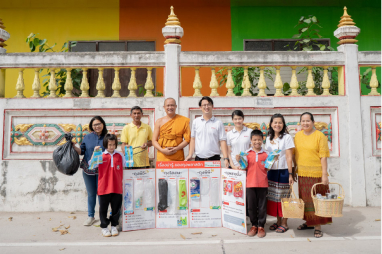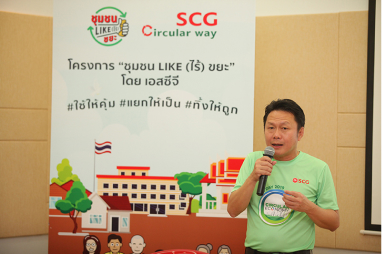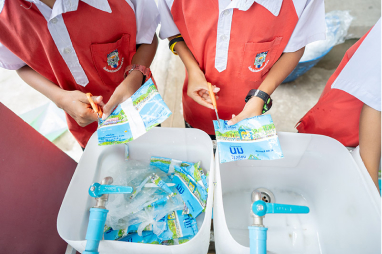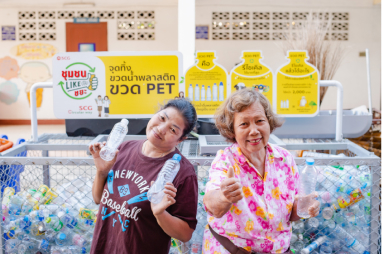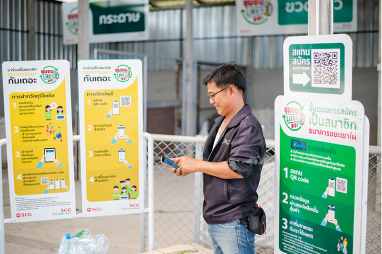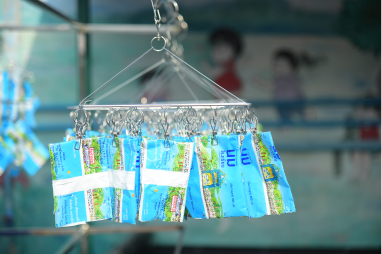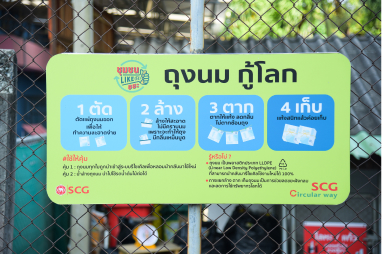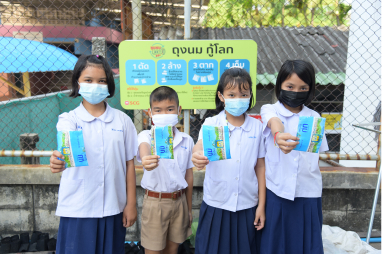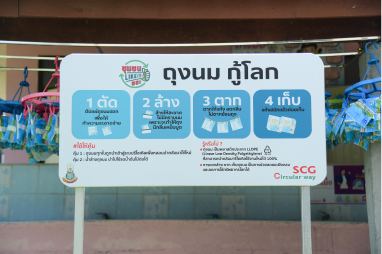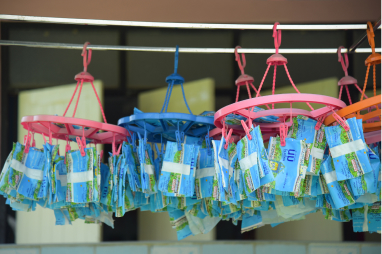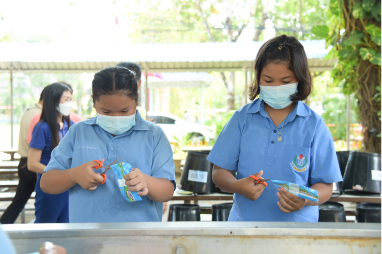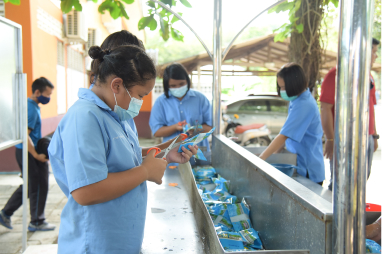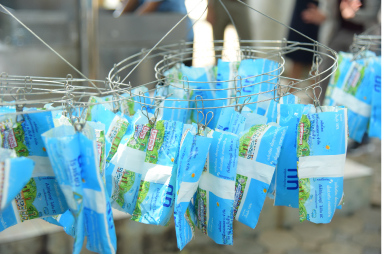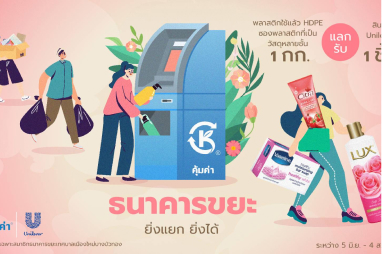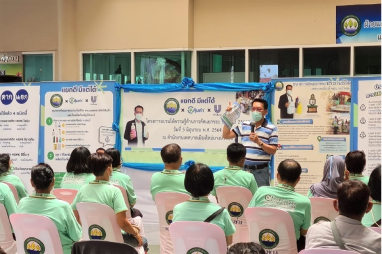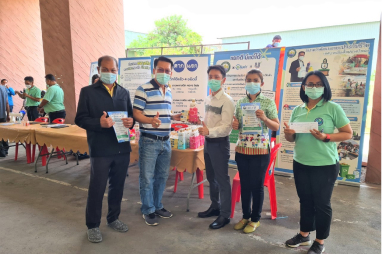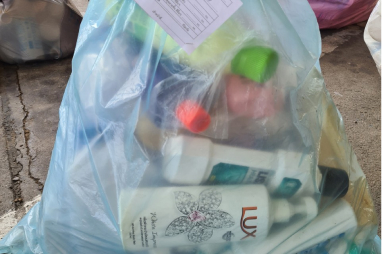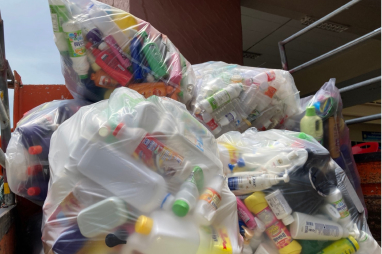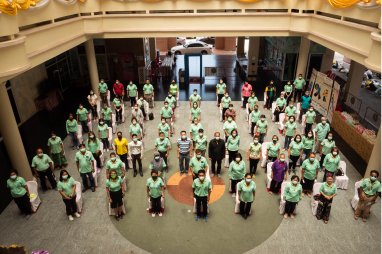- About SCGC
-
Products and Solutions
- SCGC Green Polymer™
- SCGC Solutions
- Product Type
- All Grades
- Design Service
-
Product and Technology Brand
-
WINDSOR
-
WINDSORWith over 40 years of experience in enhancing the living experience, WINDSOR is Thailand's leading choice for high-quality vinyl doors and windows.View More
-
-
Varogard
-
VarogardStep up your protection with VAROGARD. Our series of antiviral products increase confidence in living a life. Let alone of the ones you love.View More
-
-
SMX™ Technology
-
SMX™ TechnologySMX™ Technology by SCGC: Stronger, lighter HDPE plastics with less material. The breakthrough also help promotes circular economy.View More
-
-
Shinkolite
-
ShinkoliteShinkolite is a eco-friendly, premium-grade acrylic sheet brand designed to meet the needs of architects, designers, and general users, fitting with new lifestyles and bringing a sense of closeness to nature.View More
-
-
SCGC Floating Solar Solutions
-
SCGC Floating Solar SolutionsHarness the power of clean energy with SCGC's Floating Solar Solutions. Our integrated eco-innovation grows alongside the global demand to care more about our planet.View More
-
-
i2P Center
-
i2P CenterAt i2P Center , we drive your ideas from concept to creation, delivering innovations that connect with modern consumers.View More
-
-
elixir™
-
elixir™Ensure the highest safety for water storage with elixir™. It meets the highest international standards, certified by the FDA, EU, and SAI Global.View More
-
-
DRS by REPCO NEX
-
DRS by REPCO NEXDrive sustainable growth with DRS by REPCO NEX, the world's first fully integrated intelligent digital solution.View More
-
-
WINDSOR
- Success Story
- Investor Relations
- Sustainability
- Advancing Community
- Media






